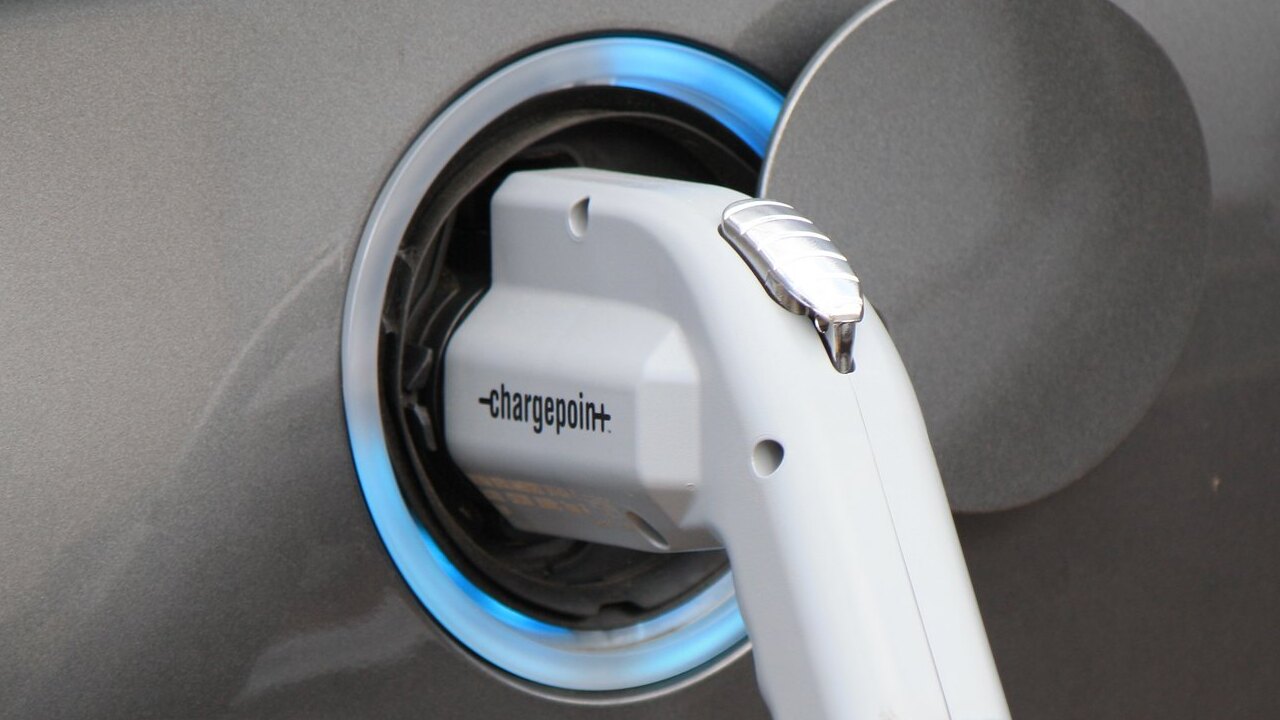The all-knowing elites in Australia have determined that their country is lagging behind other developed countries when it comes to transitioning from internal combustion vehicles to electric vehicles (EV). So, they did what central planners love to do: They announced a “National Strategy for Electric Vehicles.”
Per the document, “A National Electric Vehicle Strategy will ensure the transition to electric vehicle technology and infrastructure is planned and managed, so that all Australians can access the benefits of the latest vehicle technology. … The National Electric Vehicle Strategy will coordinate action across governments, industry and urban and regional communities, and will include considering whether mandating an electric vehicle plug type could improve the consistency of public charging.”
For many reasons, Australians are not keen on buying electric vehicles, which the government has determined to be a problem it must address.
Making matters worse for Australians who do not want, or cannot afford, a costly EV, a major Australian bank recently announced it will terminate loans for new internal combustion cars by 2025. Wow, that is quite the coincidence!
According to Bank Australia, “We’ve chosen 2025 because the change to electric vehicles needs to happen quickly. And we believe it can happen, as soon as supporting policies and market forces help to bring a greater range of more affordable electric vehicles to Australia.”
Unfortunately, this is the latest development in a disturbing trend in which governments are colluding with large financial institutions to “nudge” their customers and clients into making the “right” decision.
For instance, the European Union recently voted to ban the sale of new gasoline- and diesel-powered vehicles by 2035. The United Kingdom is also considering a similar proposal that would go into effect in 2030.
If you think that this cannot happen in the United States, you might want to think again. For many years, the U.S. government has been subsidizing the purchase of EVs with generous tax credits. The recently passed Inflation Reduction Act includes tax credits of $7,500 for the purchase of an EV.
Furthermore, the rise of environmental, social, and governance (ESG) investing could allow big banks and large financial firms to implement bans on loans for internal combustion vehicles under the guise of climate change. Taking it one step further, these powerful firms could even reduce access to capital to vehicle manufacturers that do not toe the line.
PHOTO: Plug In Electric Vehicle. Photo by Noya Fields. Attribution-ShareAlike 2.0 Generic (CC BY-SA 2.0).
Chris Talgo (CTalgo@heartland.org) is the editorial director and a research fellow at The Heartland Institute, as well as a researcher and contributing editor at StoppingSocialism.com.






